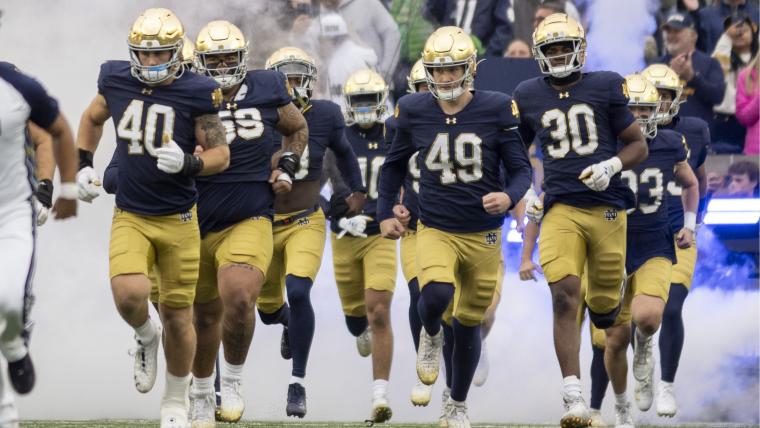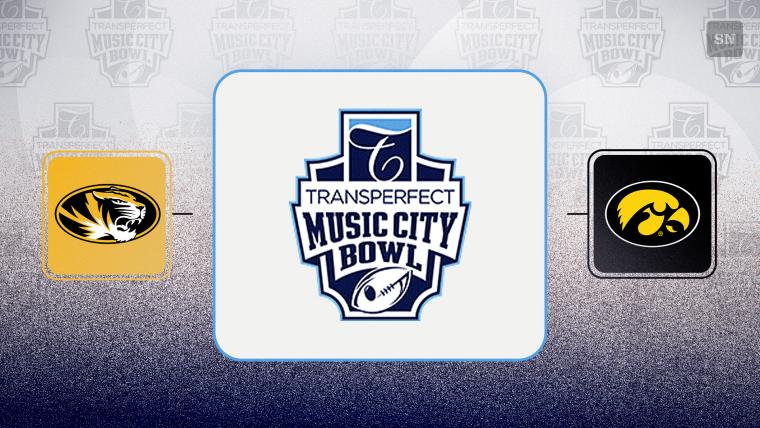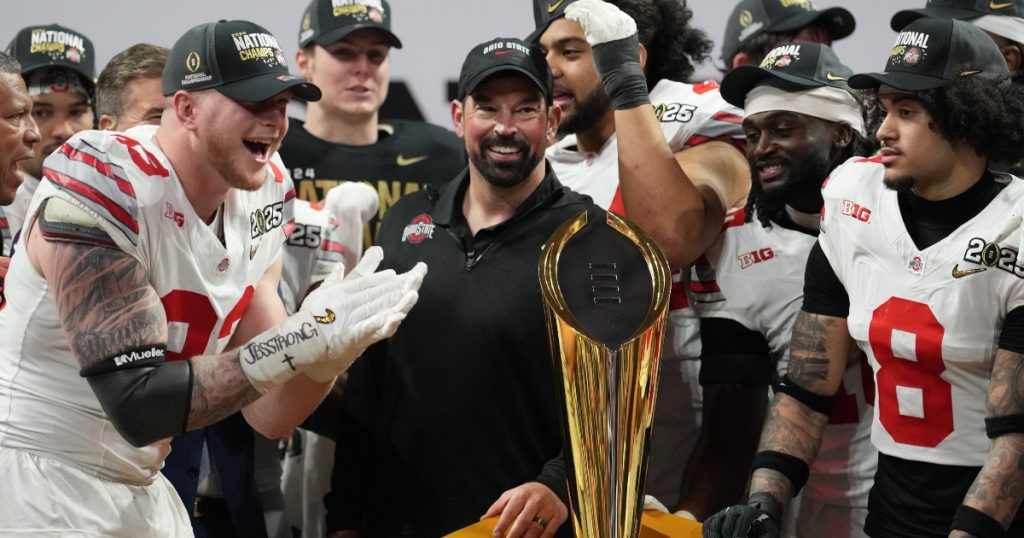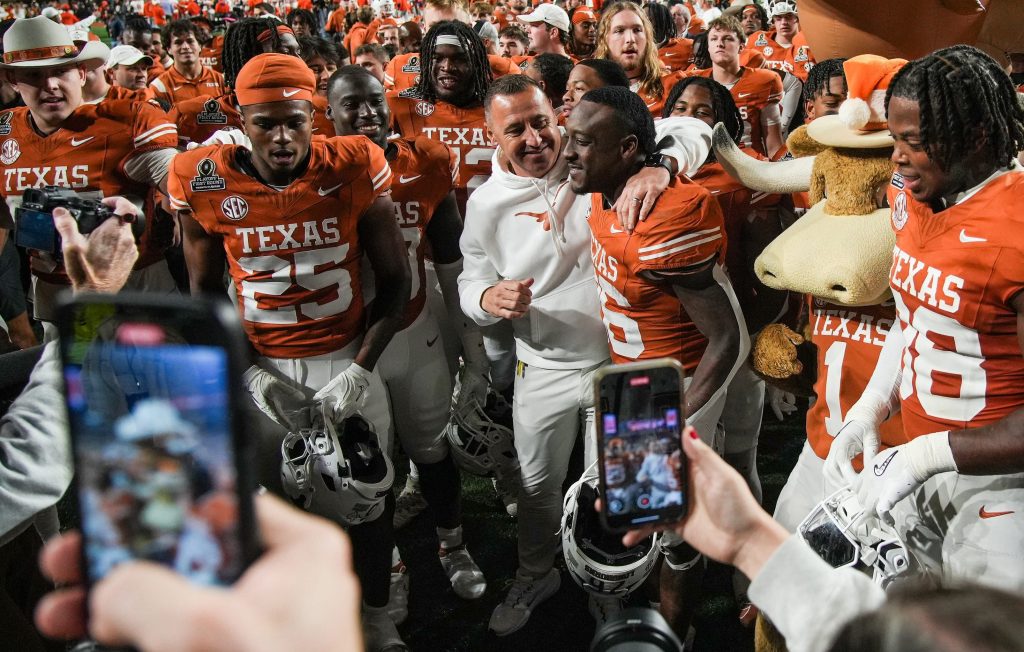It was nearly 20 years ago when NCAA executives invited a select group of college basketball reporters to experience a mock selection exercise. About 20 of us, who closely followed the sport, were given a behind-the-scenes look at the tools and data used by the men’s basketball committee—known as “the selection committee”—to choose and seed teams for the thrilling spectacle of March Madness. I likened it to an archaeologist getting a first glimpse of the Dead Sea Scrolls, a moment of revelation that would shape my understanding of the selection process.
Having participated in this enlightening exercise four times—an experience I share with Jerry Palm of CBS Sports—I felt equipped to tackle a new challenge. My journey led me to Fox Sports, where for the past five years, I’ve provided bracket projections across various platforms. During this time, I even ranked among the top dozen out of nearly 200 online brackets in one tournament. With this background, I proposed to my boss, Bill Trocchi, that we apply the March Madness selection methods to project the first-ever College Football Playoff (CFP) 12-team field.
College football’s selection challenges
However, there’s a glaring issue: college football itself isn’t quite ready for such a rigorous evaluation. As much as we see major-conference college basketball coaches sometimes operating out of fear—favoring sterile neutral-court matchups over vibrant interconference clashes—college football operates under a different set of constraints. Each high-major opponent is treated like a formidable giant, a blend of 1995 Nebraska, 2001 Miami, and 2019 LSU.
The reality is that nobody plays anybody. With only 27 percent of games involving Power 4 teams being interconference, the data needed to lend objectivity to the selection process is often unattainable. The evidence presented to support claims of a team’s worthiness or shortcomings is flimsy at best, akin to a skyscraper built on a foundation of banana pudding.
Power conferences and non-conference games
In the 2024 season, teams from the Southeastern Conference (SEC) played 64 non-conference games, their first season with Oklahoma and Texas in the mix. Of those, 15 games—23 percent—were against Football Championship Subdivision (FCS) opponents. The SEC won every one of those matchups, boosting their non-league record to an impressive 55-9. However, against other Power 4 opponents, they managed a mere 13-6. While that’s better than a losing record, it doesn’t provide a clear picture of superiority when it involves essentially one game per team.
The Big Ten faces a similar challenge, playing even fewer non-conference games due to its nine-game conference schedule. While they have slightly fewer non-Division I opponents, their percentage remains comparable to the SEC. Against Power 4 opponents, the Big Ten was just 6-8, with half of those losses coming from the bottom five teams in the standings. Notably, the top five teams in the Big Ten played only two games against outside major-conference opponents.
If you believe the SEC is the stronger conference, you can certainly make a case. But that argument relies heavily on belief and projections, especially given the significant changes in the sport’s structure.
The need for transparency in the CFP process
We can call on the CFP committee to be less opaque, and that’s a worthy goal. However, if they were to reveal how they evaluate teams, they would have to admit that they lack tangible data to differentiate between them. There’s no equivalent in college football to basketball’s KenPom or Strength of Record metrics.
While ESPN does provide a Strength of Record number for football, it’s based on too little to be truly meaningful. Take Notre Dame, for instance. They rank No. 5 in this metric for the 2024 season, yet their schedule is far from impressive. With an ACC scheduling agreement that includes five games, they faced no top-tier teams from the league. Their major opponents had a combined record of 40-56, and they even lost at home to a Group of 5 team with a 7-5 record.
What are we doing here, people?
Rewarding significant non-conference victories
The CFP committee should prioritize rewarding teams that play and win significant non-conference games. The March Madness committee has made this a priority, and while I’ve often criticized it as “social engineering,” perhaps there’s merit in valuing significant out-of-league victories more than those within a conference.
The football committee desperately needs more interconference play to determine how much to value an average SEC, Big Ten, or Big 12 win. These games are essential for adding legitimacy to whatever metrics they choose to employ in sorting contenders from pretenders.
Many have suggested that the committee should adopt a more data-driven approach, one less influenced by personal evaluations. However, the data is often heavily opinion-based as well. Games against teams like Mercer and Western Illinois don’t provide the insights we need to identify the truly great teams.
In the latest CFP rankings, the top dozen major-conference teams played a total of just two non-league games against the committee’s top 25 teams, finishing with a 1-1 record.
Looking ahead to the future of college football
The introduction of the 12-team CFP is a monumental step forward for college football. This expansion and the automatic bids for conference champions have added immense value to the 2024 season, from the opening game to the upcoming league title matchups.
Now, it’s time for those in charge of the playoff to wield their power and authority to make the regular season even more meaningful. By encouraging interconference play and rewarding significant victories, the CFP can create a clearer path for determining the best teams in college football. It’s time to elevate the sport and ensure that the playoff selection process is as thrilling and competitive as the games themselves.




























